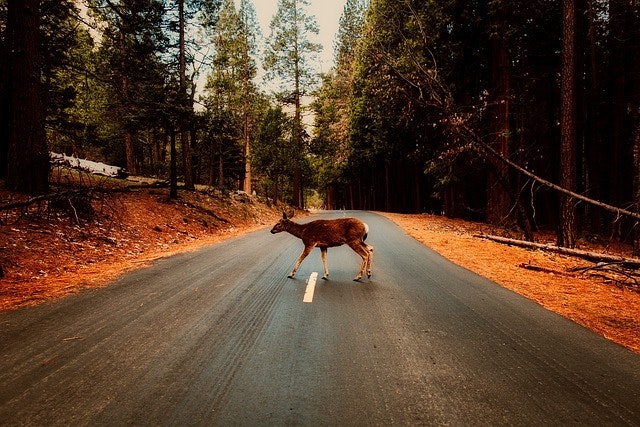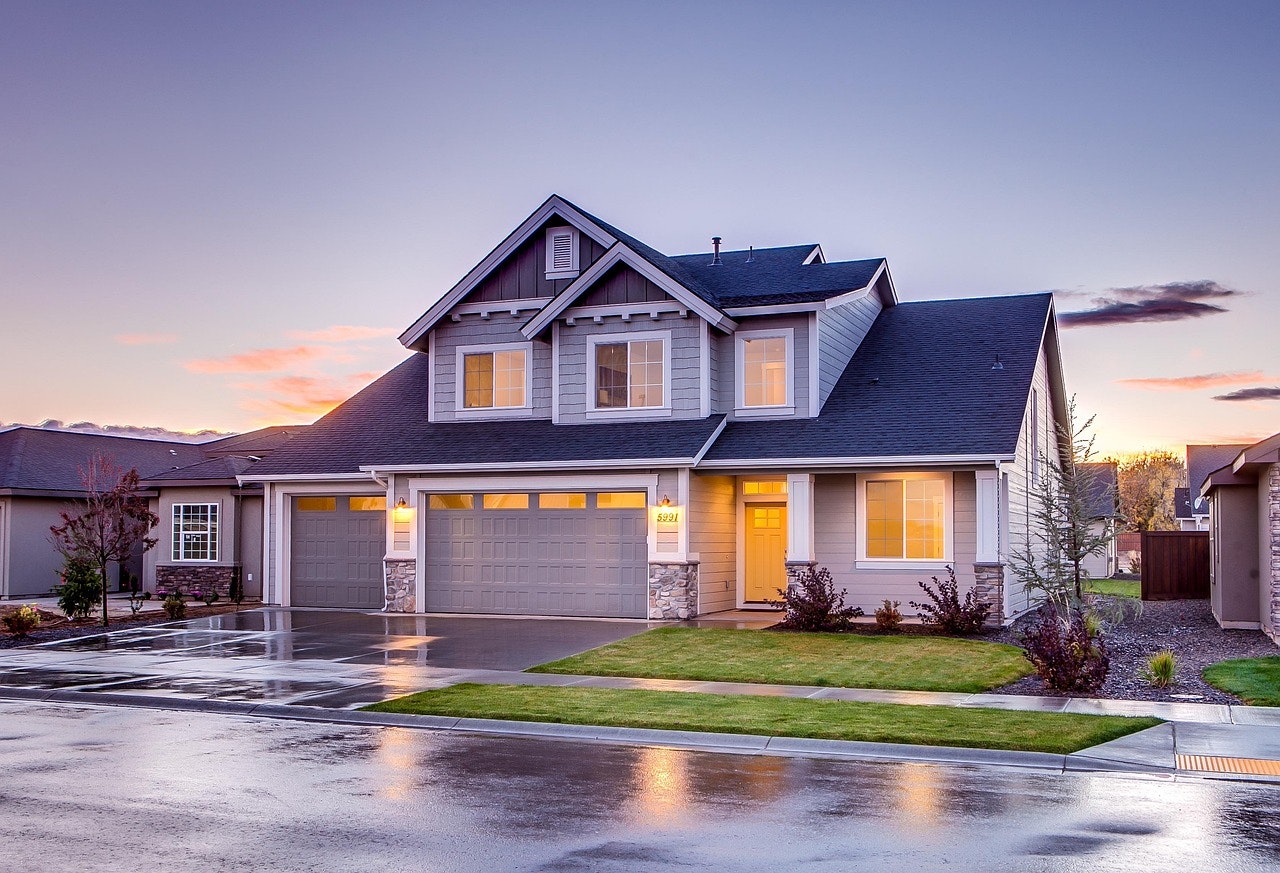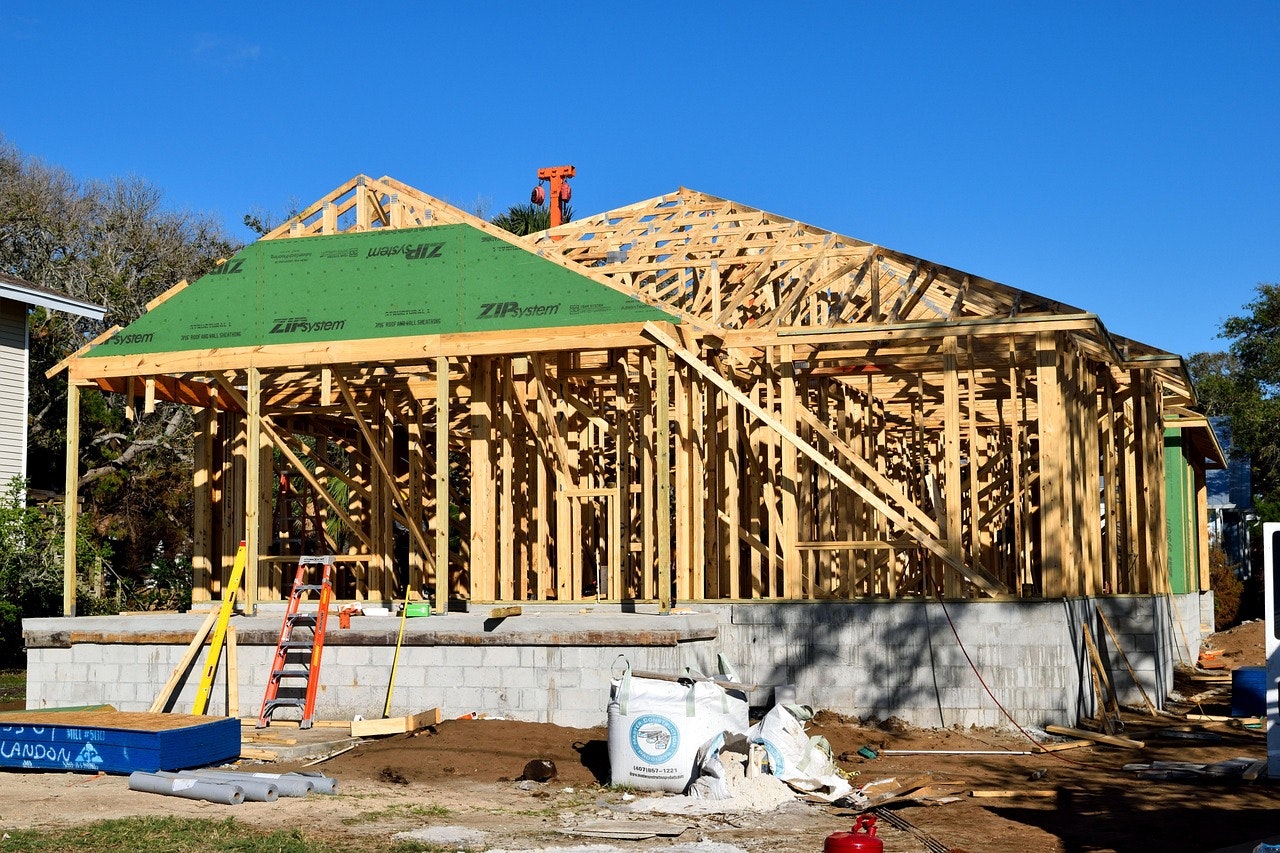Why Some Insurers Are Canceling Policies in Colorado
Increased Wildfire Risk
In recent years, Colorado has faced a dramatic rise in the frequency and intensity of wildfires. This uptick is causing concern amongst insurance providers, particularly for homes in or near forest areas deemed high-risk due to overgrown vegetation. Tools like the Colorado Wildfire Risk Viewer allow homeowners to assess their wildfire risk, but for insurers, such areas present significant liabilities.
Rising Costs for Insurers
A combination of inflation and persistent supply chain challenges has seen the cost of home repairs and rebuilding skyrocket, particularly after events such as wildfires. This, combined with a higher incidence of natural disasters, has led to increased claim payouts. Additionally, the cost of reinsurance, which insurers rely on to mitigate potential losses, has also risen, leading to higher insurance premiums overall.
Other Contributing Factors
Homeowners who fail to make premium payments, maintain their properties, or file multiple claims in a short period may find themselves at risk of cancellation. Insurers are also pulling out of markets where financial losses are mounting, as seen with companies like American National reducing their presence in Colorado.
The "Insurance of Last Resort" Solution
As obtaining coverage becomes more challenging, Colorado is developing a plan known as the "Fair Access to Insurance Requirements" (FAIR) Plan. This option, serving as the "insurer of last resort," aims to provide coverage for homeowners struggling to get insurance. However, it is anticipated that premiums under the FAIR Plan will be more expensive than those of standard insurance.
In conclusion, the increasing wildfire risks, rising costs for insurers, and various homeowner-specific factors are driving the trend of insurance cancellation in Colorado. Homeowners are urged to assess their wildfire risk and adhere to best property management practices to maintain their policies.


















